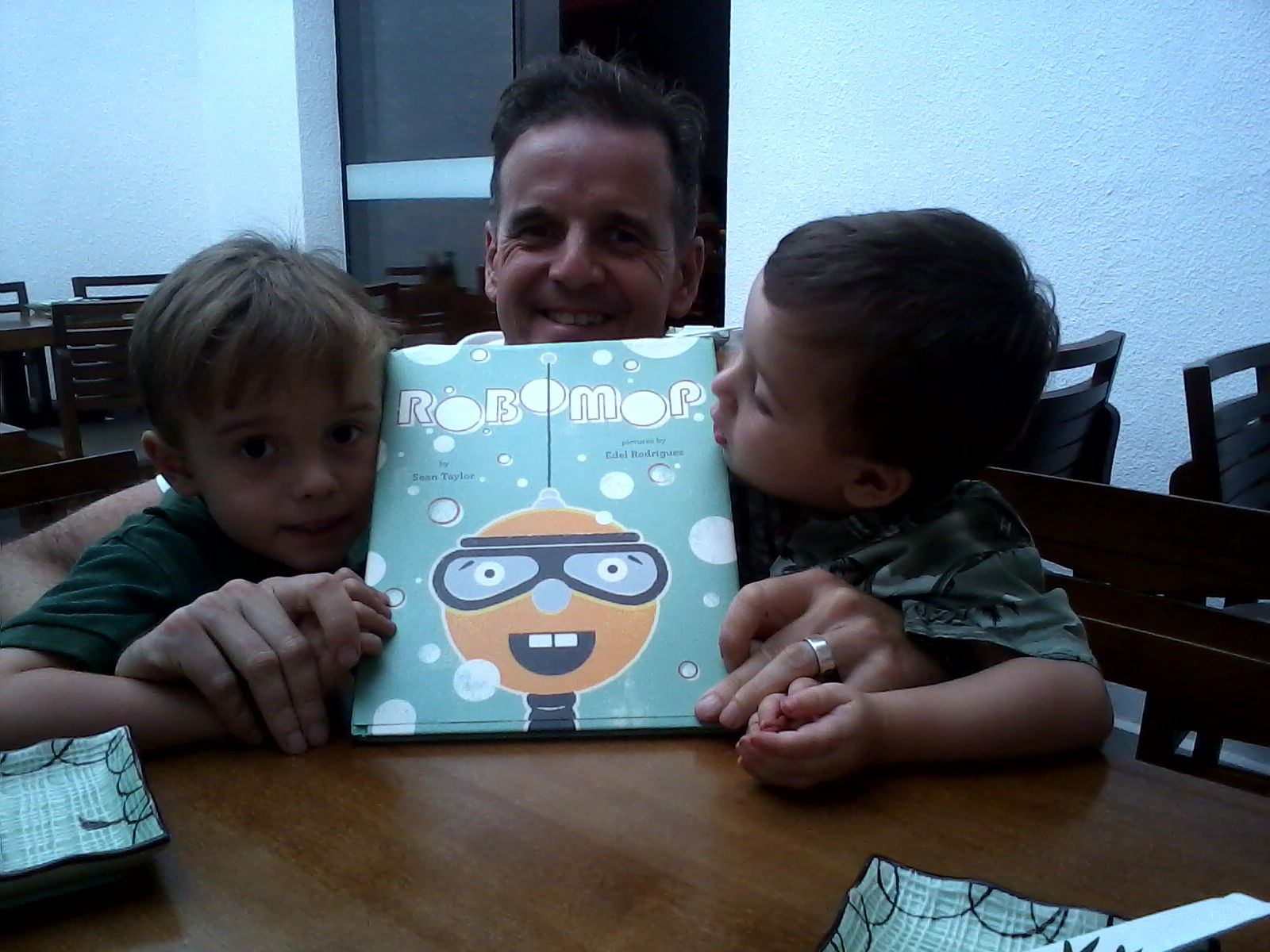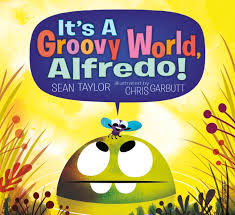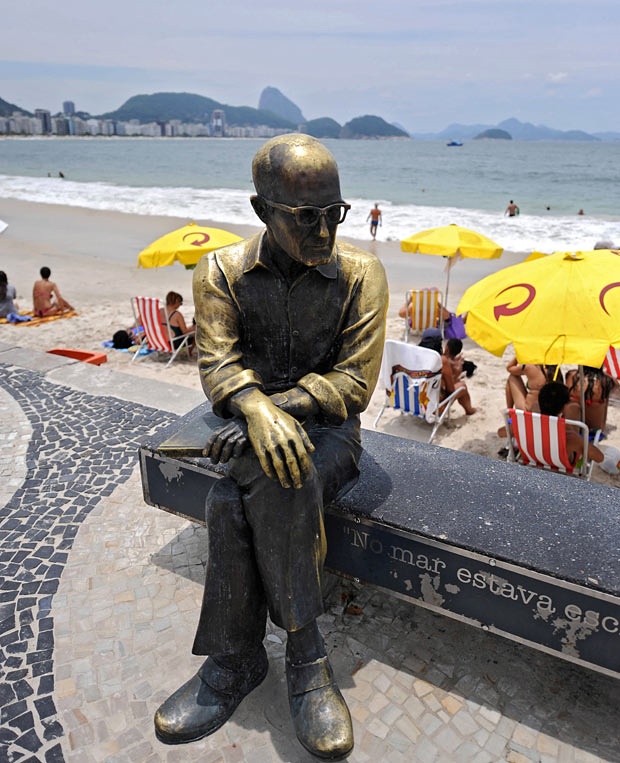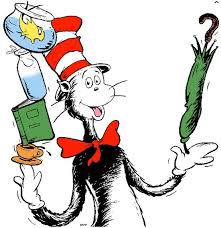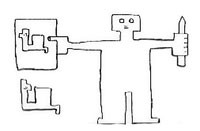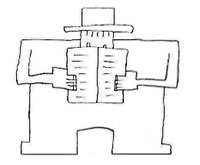As well as being the author of some books for children, I am the father of two boys under 10. Like many (most?) parents, I can feel regrets about the things I’ve not managed to do together with my boys. We’ve never built a tree-house. I haven’t taken a half-day off to sit down with them and make that model pirate ship they were once given. The campervan trip to Ireland hasn’t happened yet… But I have read to them as much as I possibly can. And there are no regrets about that.
These are ten reasons why:
1. THE SHARING
In modern times, many parents have lost touch with what you could call ‘traditional children’s culture’. I’m thinking of the stories, games, songs, rhymes, traditions and rituals which would once have been passed from one generation to the next. Reading to your children can go some way to making up for that. If there were books you loved as a child, it’s easy to pass them on. I’ve had a fantastic time revisiting (by reading aloud) old favourites of mine like John Burningham’sHumbert, Winnie the Pooh, Moominsummer Madness, James and the Giant Peach and Treasure Island. And the fantastic-ness is doubled when it’s shared with a child.
2. LANGUAGE
Books offer language that goes beyond the range of everyday talk. And stories offer delights that ordinary conversations rarely do. So reading aloud to a child is a great way to help them become confident language users. This has been particularly important in my family. I’m British, but my wife is Brazilian. Our boys grew up in São Paulo. Their ‘mother tongue’ is (quite literally) Portuguese. I know the fact that they are both good English speakers today, owes a lot to all the books in English we’ve enjoyed together.
3.THE BOOKS THEMSELVES
As you can see from my post on Maurice Sendak (somewhere below) I think picture books are one of the great art forms to come out of the 20th century. (Up there with the three-and-a-half-minute rhythm and blues song!) You get characters that children love, page-turning stories, inventive, skilfully-crafted illustrations, flights of imagination, colour, humour, emotion and – as if all that wasn’t enough – endings which uplift, provoke, surprise, or do all three. The wealth of picture books available is a treasure chest to share with any child. And it’s not just picture books that are special. Middle grade fiction is very much abuzz. So I’m not planning to stop reading to my boys any time soon!
4. LITERACY
Most children find learning to read and write a tough business. But if they’re being read good books they’ll be more motivated to succeed at it. They’ll be more at home in the landscape of words on pages. And you can give them bits of practice too – by pausing the flow of a story, and getting them to read out words. Our six-year-old doesn’t have much patience for practising his phonics and key-words. But if I give him reading challenges from a book that I’m reading aloud to him, he’s noticeably more motivated, calm and persistent.
5. QUESTIONS
Children’s questions are wonderful (wonder-filled) things. They are a marks of curiosity and the desire to learn. They contain hope. So I always listen carefully to them and give the best answers I can. (Even if the conversation goes: “Does everyone in the world die?” “Yes, it’s sad but everyone does.” “What about mermaids?”) Reading-time with children is a great space for these questions to come out – whether they’re old questions waiting to be asked, or new ones inspired by what’s being read. When you’re reading together, there’s time and space for reflection. Your child can ask you things. Or you can ask them.
6. COMPANIONSHIP
Sometimes children need you to go with them on the journey into a book. Our 9-year-old likes to read a lot of things on his own, these days. But there are books he’d like to have read to him. This may be because the story looks challenging to him, in some way. Or it may be that it’s a book from a different era that he’d like an adult to help ‘interpret’. One way or another, if you offer yourself to a child as a book companion, you’ll broaden their reading horizons.
7. LAUGHTER
There is so much comedy in writing for children. And laughter (like most things) is best enjoyable when it’s shared. I did actually fall off the bed from laughing so much…when reading our oldest son Roald Dahl’s, The Twits.
8. CONVERSATION
It’s not just questions. There is other talk sparked during and after the reading. Good stories stay with us. My boys and I chat about books we have read days, weeks, months or years after we have finished them.
9. DELIGHT!
You can choose what direction to travel (towards adventure, humour, poetry, magic, or more besides.) You take a break from the busyness of things. You can do it every day, home or away. You find somewhere comfortable to sit yourselves down. There is calm. You journey into the imagination, together with a child. It’s a delight.
10. SLEEPING…
All around us as night draws in, parents start up the quiet rhythms of telling stories to children. It goes on right round the world. And there’s nothing new in the knowledge that a story is the best way to end the day’s excitement and settle down for sleep. It’s been going on for tens of thousands of years. They are bridges that lead from the real world into the world of our dreams. (And if the adult readers sometimes fall asleep too…well…it happens!)
These are ten reasons why I have spent hours and hours reading to my sons. On reflection, I suppose those hours have really been our tree house, our pirate ship and our campervan adventure across the sea…


